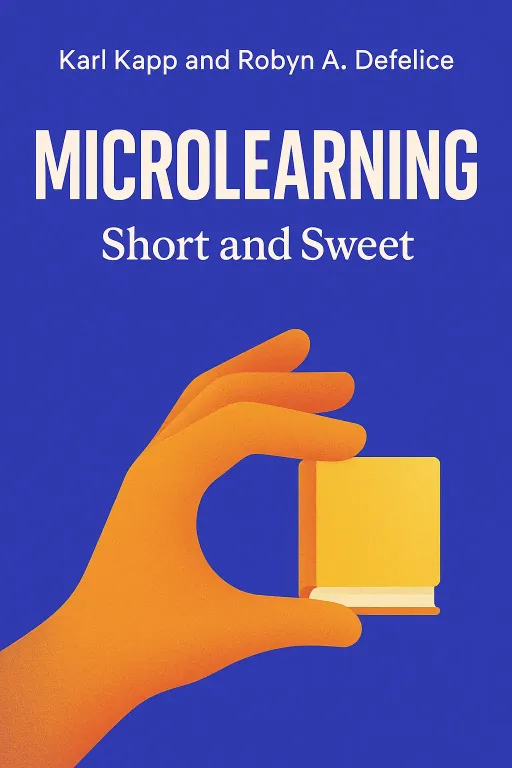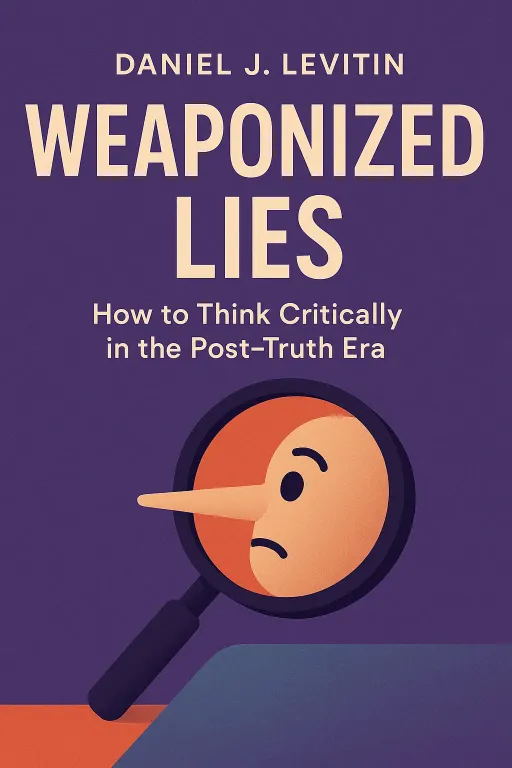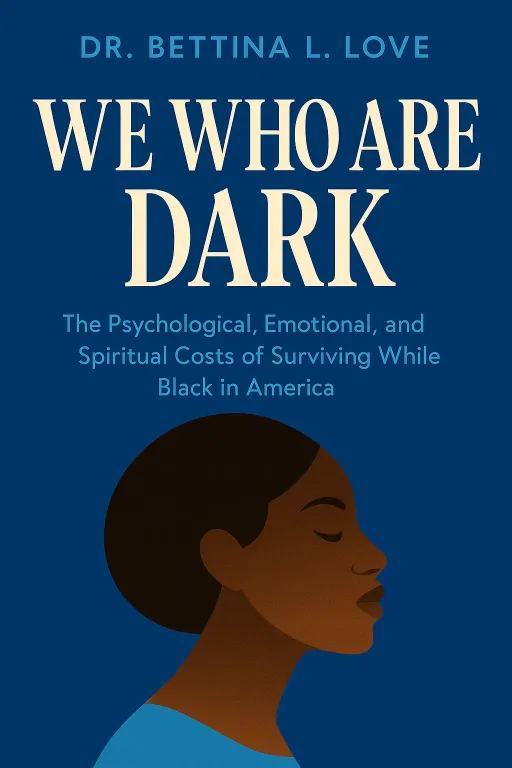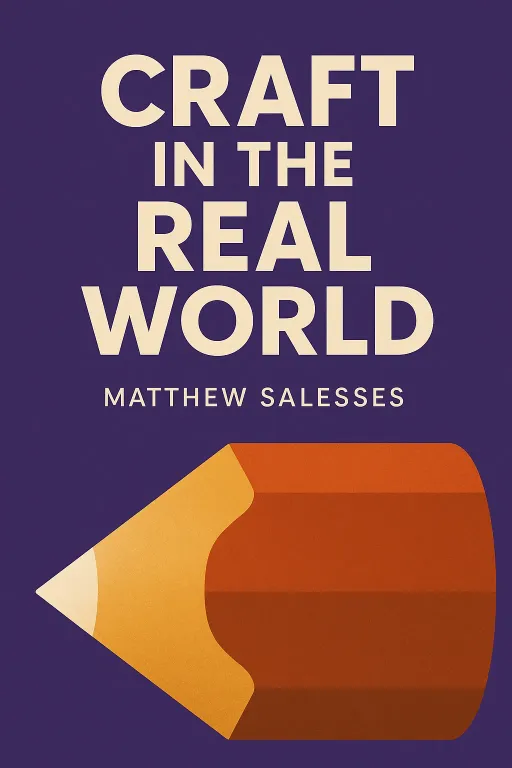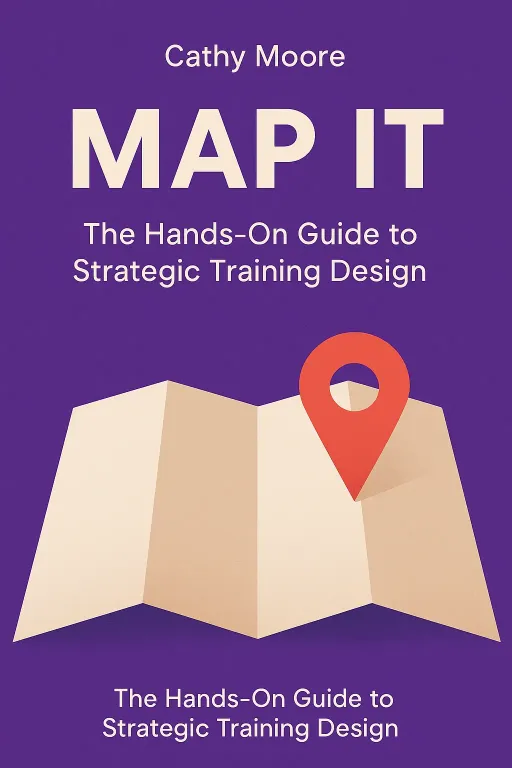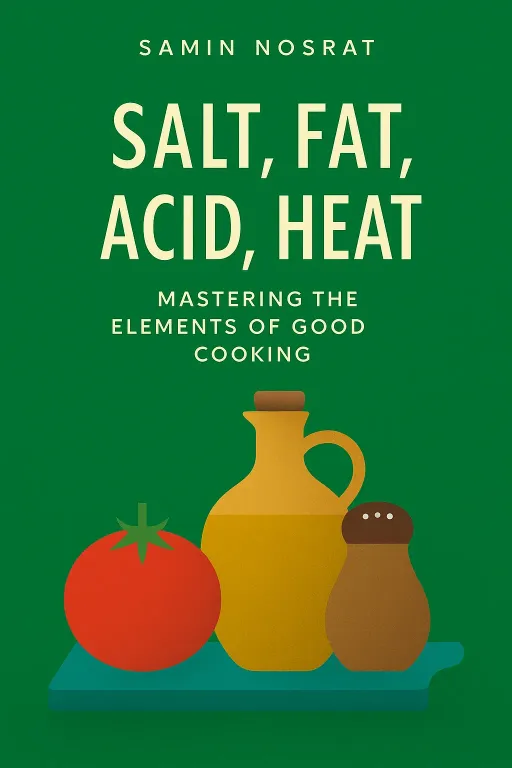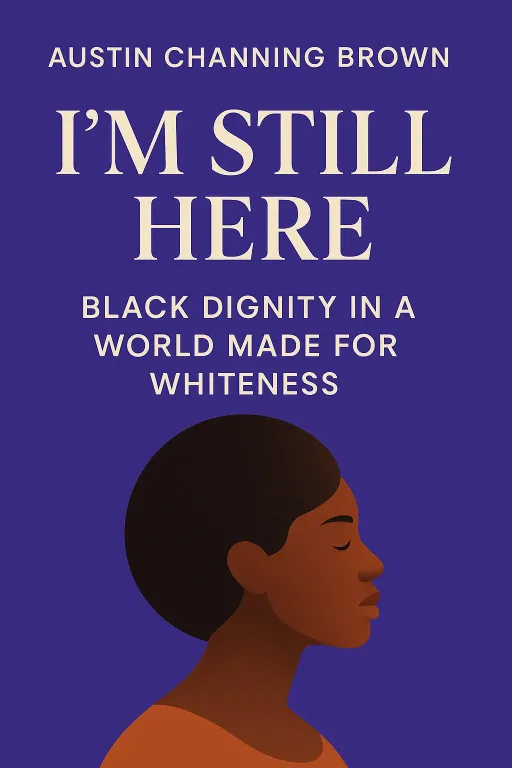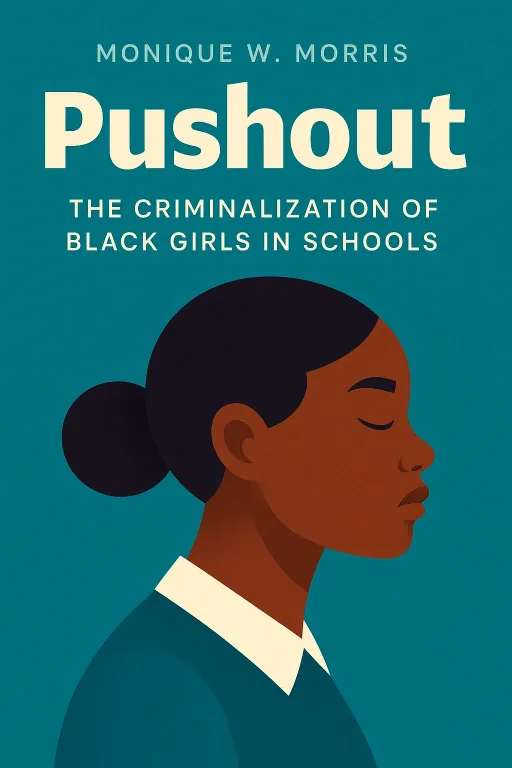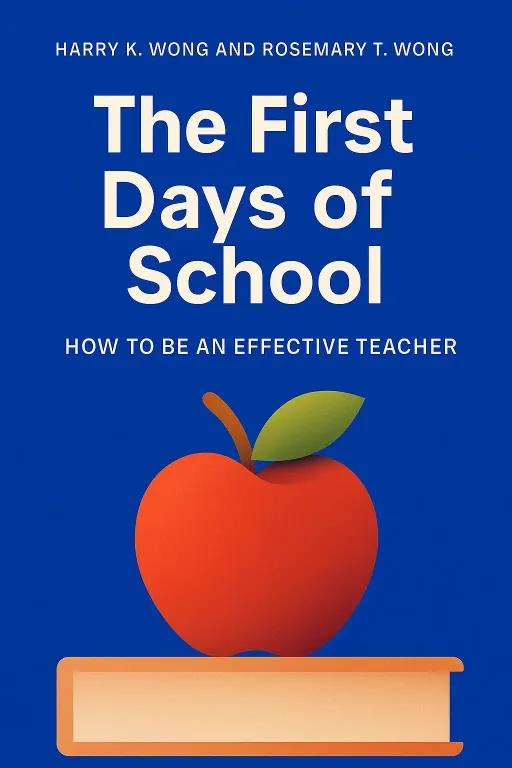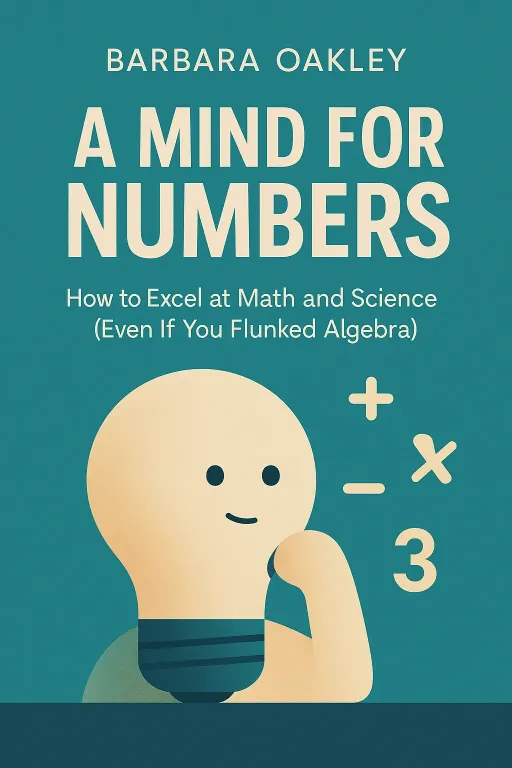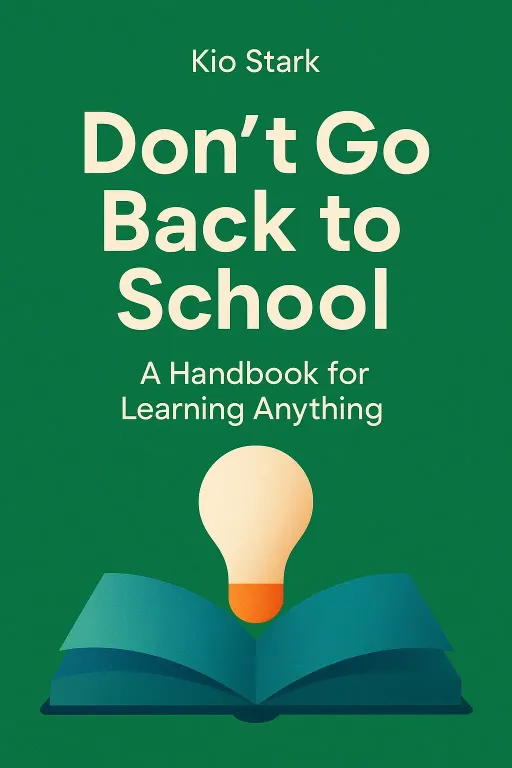
The Un-Schooling Playbook
10 minA Handbook for Learning Anything
Golden Hook & Introduction
SECTION
Laura: That college degree you worked so hard for? It might be the least important part of your education. In fact, for some of the most innovative people out there, the decision not to go to school was the smartest career move they ever made. Sophia: Wow, that is a spicy take. Especially for anyone still paying off student loans. You’re saying the piece of paper on the wall is basically a very expensive receipt for an experience that might not have been necessary? Laura: That's the radical idea at the heart of Don’t Go Back to School by Kio Stark. It’s a handbook for learning absolutely anything, and it challenges the biggest assumption we have about education: that it has to happen inside a classroom. Sophia: Kio Stark... she's not a traditional academic, right? I read she's a qualitative researcher who studies how people interact in the real world, which makes sense. This book feels less like a lecture and more like a collection of fascinating field notes on real people. Laura: Exactly. And it's a book that really polarized readers. It’s been called a liberating manifesto for lifelong learners, but some critics felt it was more inspirational than practical. Today, we're going to dig into that tension. Stark kicks things off with a quote from one of her interviewees that just flips the script entirely. He says, "The first thing you have to do is take the auto out of autodidact." Sophia: Oh, I love that. It immediately shatters the whole myth of the lonely genius, locked away in a library, teaching himself everything in isolation. Laura: Precisely. Stark’s argument is that true, effective independent learning is never a solo act. It’s fundamentally social.
The 'Un-Schooling' Mindset: Redefining Learning Beyond the Classroom
SECTION
Laura: Stark herself embodies this. She went to Yale for graduate school, thinking it was the pinnacle of learning. But she quickly realized it was just professional training for a very specific job: becoming a professor. She felt her natural curiosity being stifled. So she dropped out. Sophia: I can see how that would be a tough decision. Leaving a place like Yale feels like a failure to most people. What did she do instead? Laura: She spent a year in a house in the woods, reading 200 books of her own choosing. She essentially created her own personalized curriculum. And through that process, she discovered that she could teach herself anything. More importantly, she realized that the most valuable parts of learning—the debate, the discussion, the shared discovery—were missing when she was alone. Sophia: Okay, but "social learning" can sound a bit vague. Does that just mean having a study buddy? How does that really replace the structure and expertise you get from a formal institution? Laura: That's a great question, and the book has a fantastic, if slightly strange, example. It’s the story of Molly Danielsson and her partner, who became obsessed with the idea of DIY sanitation and composting toilets. Sophia: Composting toilets. Right. The pinnacle of intellectual pursuit. Laura: (laughing) Stay with me! They knew nothing about it, but they were passionate. Instead of enrolling in an engineering program, they formed a "salon" with friends and other interested people. They'd meet, share research, critique each other's designs, and basically build their expertise together. Sophia: So, a composting toilet book club? Laura: Essentially! But with real-world consequences. Molly said they made their "crazy plan" public so their community would hold them accountable. She knew she wouldn't do good work unless someone was watching. That salon became their classroom, their lab, and their board of directors all at once. They became leading experts in the field, not by going to school, but by building a community around a shared problem. Sophia: That makes so much sense. It’s like how open-source software gets built. It's not one genius coder; it's a network of people solving problems, reviewing code, and teaching each other. The community is the teacher. Laura: Exactly. The book argues that our natural thirst for learning is often "dulled and sedated" by school's rigid structure. But when you let curiosity lead, and you do it with others, that's when real, lasting knowledge is built.
The Artisan's Approach: Learning by Doing, Tinkering, and 'Faking It'
SECTION
Laura: And that idea of building something real, even a composting toilet, leads directly to the book's second big idea: you learn best by doing, not just by studying. The book is filled with stories of people who took an artisan's approach to knowledge. Sophia: The artisan's approach... you mean like an apprenticeship? Laura: In a way, yes. But often, they were their own masters. My favorite story is about the journalist Quinn Norton. Before she was a writer, she and her mother had a furniture refinishing business. Her mother gave her one piece of advice for dealing with clients. Sophia: Let me guess. Under-promise and over-deliver? Laura: The opposite. She told Quinn, no matter how strange or difficult the request, to pause, look thoughtful, and then confidently say, "Yes, I can do that." Sophia: Whoa, hold on. Just saying 'Yes, I can do that' to a client when you have no idea how... that sounds like a recipe for disaster! How is that a learning strategy and not just... well, lying? Laura: (laughing) It's a fine line! But Stark frames it as confidence in your ability to learn. It’s not about pretending you already have the skill; it’s about committing to acquiring it under pressure. Quinn would then go back to the workshop and work tirelessly, experimenting and researching until she figured it out. She learned more about complex chemical processes and materials that way than she ever would have from a book. Sophia: That’s terrifying and brilliant. It’s creating your own high-stakes final exam, and the project is the test. Laura: Exactly. And this pattern appears again and again. The book features David Mason, who got a job at the tech company Red Hat. The owner asked him if he knew XML. He didn't, really, but he said "Yes" because he was completely confident he could learn it over the weekend. And he did. They hired him for his learning agility, not his existing knowledge. Sophia: Okay, so it's less 'fake it till you make it' and more 'commit and then figure it out.' The commitment forces the learning. Laura: Precisely. And some people take it a step further. There's a sculptor in the book, Christopher Bathgate, who is a self-taught machinist. He wanted to learn how to use a specific, complex metalworking tool. So what did he do? He designed a sculpture that could not be made without mastering that tool. The art project became the curriculum. Sophia: That is such a powerful idea. Instead of learning a skill in a vacuum, you create a compelling reason to learn it. The motivation is baked right into the process. Laura: And he said the most valuable part was getting stuck. He learned more from struggling to find the answer himself than he ever would have if a teacher had just given it to him.
Building Your Personal 'University': The Power of Community and Networks
SECTION
Laura: And you don't have to pass that test alone. Which brings us to the final piece of the puzzle: building your own 'university' when you don't have one. This is where the social aspect and the hands-on approach come together. Sophia: This is where we get the 'Faux MBA,' right? I love this story. Laura: It's the best. Caterina Rindi wanted to start her own business, but she got rejected from every MBA program she applied to. She was professionally stuck. Sophia: I can imagine that feeling of hitting a wall. So what did she do? Just give up and stay in her job? Laura: Not at all. She and some friends, who were also feeling frustrated, decided that if the system wouldn't let them in, they'd just build their own. They started a reading group they jokingly called the "Faux MBA." Sophia: I’m picturing a few people in a living room complaining about business jargon over wine. Laura: It started that way, but it became so much more. They didn't just discuss books like Delivering Happiness from Zappos. They used the frameworks from those books to workshop each other's actual business ideas. When Caterina was developing her food business, "mo foods," the group used a workbook called Business Model Generation to tear apart and rebuild her entire plan. Sophia: Wow. So it wasn't just a book club; it was a peer-to-peer consulting firm. They became each other's professors and board of advisors. Laura: Exactly! And she also started another group, the Goldfish Networking Group, just for sharing job leads and resources. The book is clear: these communities became more valuable than any formal network she could have paid for. They provided knowledge, accountability, and real-world support. Sophia: This feels like the most actionable part of the book. It reframes the challenge. The key skill for an independent learner isn't being a solitary genius; it's being a great convener. Your 'education' is only as good as the community you build around your curiosity. Laura: That's the perfect way to put it. You're not just building knowledge; you're building your own institution, one person, one project, one conversation at a time.
Synthesis & Takeaways
SECTION
Laura: So when you put it all together, Stark's argument is that a real education isn't something you get from an institution. It's something you build. You start with a mindset shift away from solitary learning, adopt the hands-on approach of an artisan, and then you construct your own 'university' with a community of fellow learners. Sophia: And the most radical part is that this isn't just for a select few. The book features everyone from journalists and roboticists to futurists and artists. It suggests that our natural human curiosity, the thing school so often 'sedates' as one quote says, is the only real prerequisite. The challenge isn't a lack of resources in the internet age, but a lack of imagination in how we use them. Laura: It’s a powerful and, for many, a very validating message. It gives you permission to follow your own path. Sophia: It also puts the responsibility squarely back on you. You can't blame a bad teacher or a boring curriculum if you're the one designing it. It's both liberating and a little bit daunting. Laura: It really makes you wonder: if you could design your own perfect education, with no rules or requirements, what would you actually choose to learn? Sophia: That's a great question for our listeners. We’d love to hear what your 'dream curriculum' would be. Find us on our socials and let us know. What’s the one thing you’re itching to learn, and how would you build your own 'university' to learn it? Laura: This is Aibrary, signing off.
